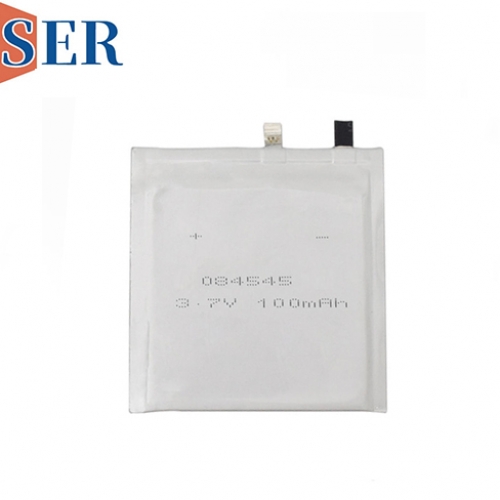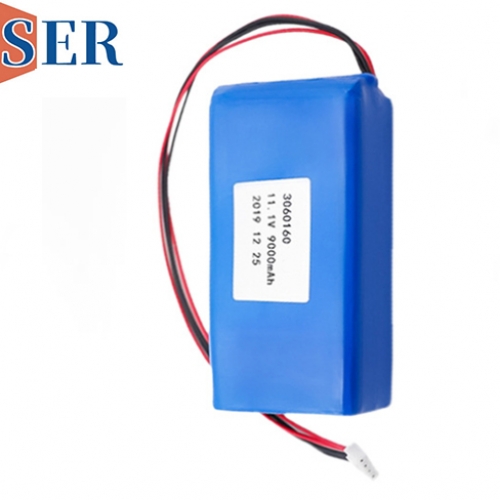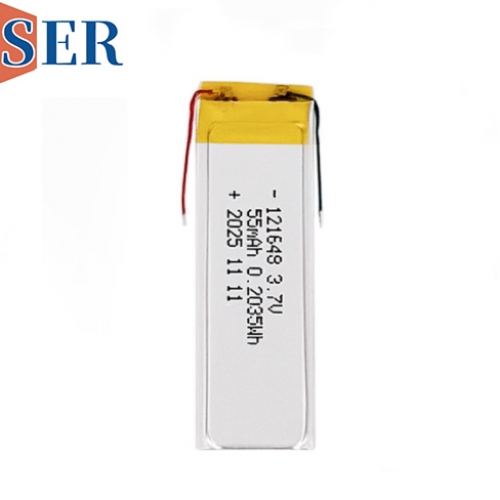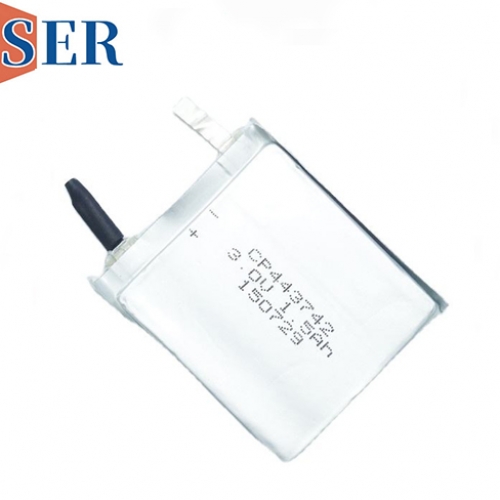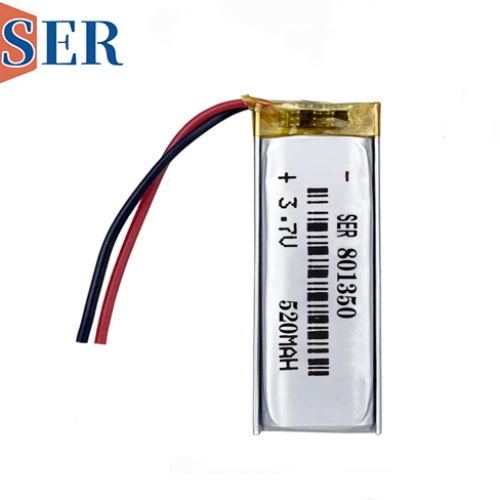Primary High temperature batteries in the Petroleum Industry
Primary High temperature batteries in the Petroleum Industry
The Role of High-temperature batteries in Petroleum Logging
In the field of petroleum exploration, the reliable and efficient operation of drilling and logging tools is paramount. This is where high-temperature batteries play a crucial role. Designed to withstand the harshest conditions of the drilling environment, these batteries provide consistent power supply even under extreme temperatures and high vibrations.

High-temperature batteries for petroleum logging are based on the migration of lithium ions between the positive and negative electrodes, converting chemical energy into electrical energy. The performance of these batteries, including voltage and capacity, is influenced by factors such as the materials used in the electrodes and the electrolyte, as well as the temperature.
These batteries are categorized based on their operating temperature, ranging from 100℃ to over 200℃. Each temperature category demands specific materials and manufacturing techniques to ensure stable performance under extreme conditions.
In petroleum logging, high-temperature batteries offer several advantages. Firstly, their high-temperature tolerance allows them to operate effectively in the often extreme environments encountered during drilling. Secondly, their reliability ensures consistent power supply to various drilling tools and instruments. Finally, their compact size and lightweight design make them easy to transport and handle, adding to their versatility in the field.
As the demand for efficient and sustainable energy solutions grows, high-temperature batteries are expected to play an even more significant role in petroleum exploration and production. Their ability to operate in extreme environments without compromising performance or reliability makes them a key component in ensuring the success of petroleum operations.
The Application of LiSOCL2 batteries in the Petroleum Industry
In the petroleum industry, the demand for efficient and sustainable energy solutions is constantly increasing. One such solution is the use of high-temperature LiSOCL2 batteries, which offer exceptional performance in extreme drilling conditions.
LiSOCL2 batteries, also known as Li-SOCL2 batteries, are a type of non-rechargeable battery that utilizes the chemical reaction between lithium and sulfur to generate electricity. Unlike traditional lithium-ion batteries, LiSOCL2 batteries have a higher energy density and can operate at higher temperatures.

In the petroleum industry, these batteries are used in a range of applications where traditional batteries would not perform well. One such application is in downhole tools, where the battery is required to operate in temperatures up to 200°C and in high-pressure environments. LiSOCL2 batteries can withstand these conditions and provide reliable power supply to downhole tools, ensuring their smooth operation.
Another application of LiSOCL2 batteries in the petroleum industry is in the automation of oil wells. In this case, the battery powers various sensors and control systems that monitor and control the production of oil wells. The use of LiSOCL2 batteries allows for continuous operation in harsh environments, ensuring the reliable operation of these systems.
The use of LiSOCL2 batteries in the petroleum industry not only provides a more sustainable energy solution but also improves the efficiency and safety of drilling operations. As the technology behind these batteries continues to improve, their use in the petroleum industry is expected to increase, further supporting the extraction and production of oil and gas in a sustainable manner.

